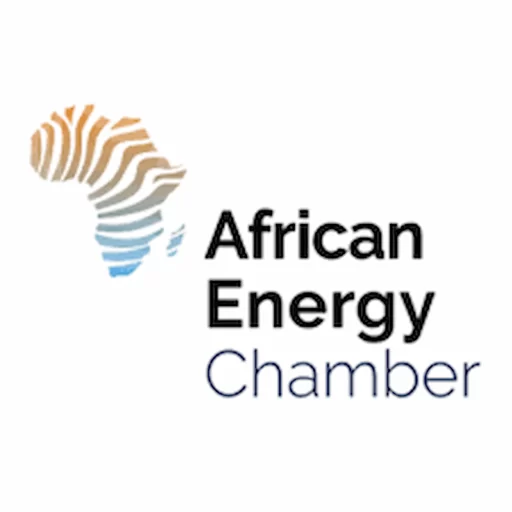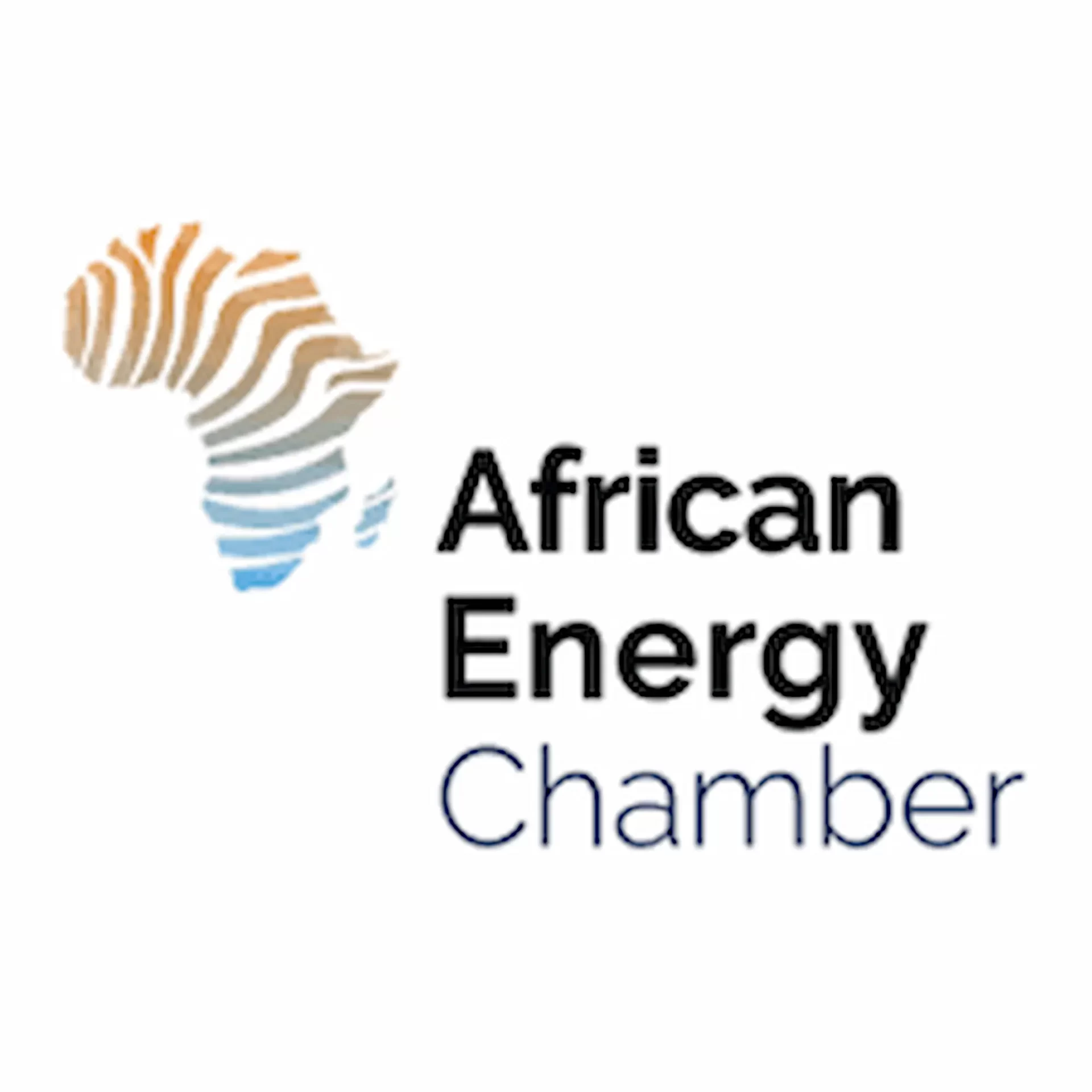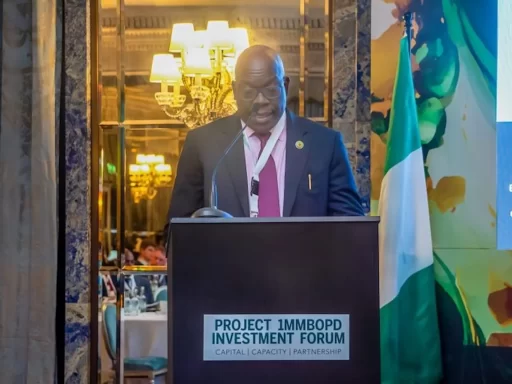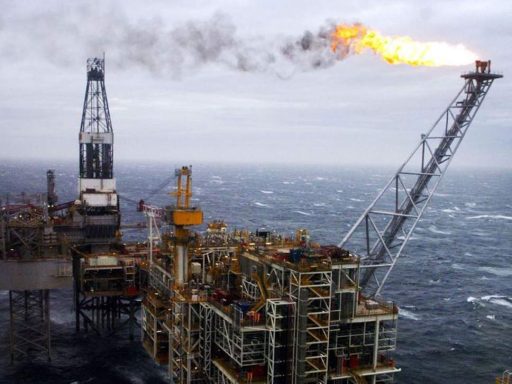Africa Urges G20 to Back Oil and Gas Development to Drive Industrial Growth
By: NaijaEnquirer Staff
As G20 leaders gather in Johannesburg, the African Energy Chamber (AEC) is calling on global policymakers to place Africa’s oil and gas sector at the center of the continent’s long-term economic transformation. With energy poverty persisting and industrial productivity limited by inadequate power supply, African officials argue that hydrocarbons remain essential for sustainable development.
Africa’s upstream potential continues to expand. The AEC projects that oil and gas production could rise to 11.4 million barrels per day (bpd) by 2026, climbing toward 13.6 million bpd by 2030. This growth is driven by intensified exploration across mature and frontier basins, as well as by major LNG and offshore projects in Mozambique, Senegal, Mauritania, Equatorial Guinea, and a rejuvenated Libya.
However, the Chamber warns that restrictive international financing—such as fossil-fuel lending bans by multilateral institutions—is hampering progress. Without adequate investment, Africa risks stalled industrialization, slow electrification, and continued energy poverty for nearly 600 million Africans who still lack reliable access to electricity.
Gas development remains pivotal. It supports power generation, petrochemical industries, manufacturing, and cleaner cooking fuels—all fundamental to closing the continent’s energy gap. The AEC argues that demonizing fossil fuels without accounting for Africa’s development needs undermines global energy equity.
Speaking at the G20 Africa Energy Investment Forum, South Africa’s Minister of Mineral and Petroleum Resources, Gwede Mantashe, emphasized the impact of unlocking domestic resources. “We have no legal restriction on oil and gas exploration and exploitation in South Africa,” he said. “If we make a breakthrough, our GDP will grow exponentially.”
Across the continent, governments are opening new licensing rounds, revising fiscal terms, and strengthening regulatory frameworks to attract capital. The Chamber applauds the recent $4.5 billion U.S. financing commitment to Mozambique’s LNG project as proof that major investment can deliver transformative economic and supply-chain dividends.
Still, the AEC insists that broader global cooperation is required. It is urging the G20 to support upstream investment, unlock financing for gas infrastructure, and recognize hydrocarbons as a realistic component of Africa’s pathway toward a diverse, reliable, and affordable energy mix.
For Africa, the Chamber maintains, oil and gas are not ideological battlegrounds—they are practical engines of industrial development, job creation, and long-term energy security.







